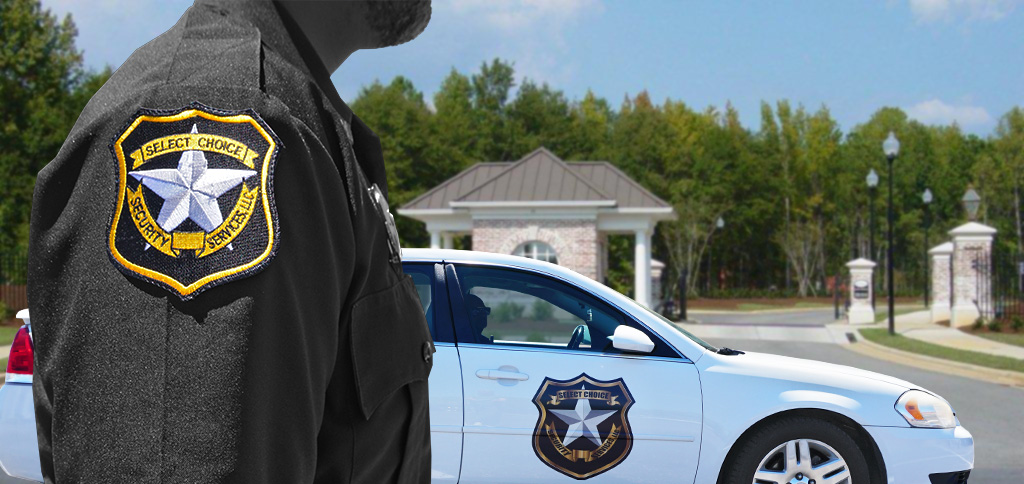- Professional protection for your facility always on site.
- You won’t have to worry about the safety of your employees or clients
- 24/7 visibility of your company’s assets
- Proactive approach to preventing accidents and threats instead of reactive approach
- Security guards can assist in other security-related matters, such as checking alarm systems
- If an incident occurs, security guards are trained to take statements and collect evidence for court
- Patrolling minimizes security “blind spots”
- Professional judgment for suspicious situations
- Maximize the effectiveness of the security technology you have in place
Things to Prevent/ Security Measures
1. Observe and practice the correct procedures established for your job. Many companies have set safety procedures and guidelines for employees to follow, but some positions may require extra safety precautions. Review the safety procedures required of your position and make sure you are following them correctly. If you have a question or concern, contact your supervisor or manager for further instruction, guidance, or training.
2. Report any unsafe conditions or acts to your supervisor. If you see anything out of place or someone doing something incorrectly, tell your supervisor or management. It is important that hazardous conditions and acts are reported immediately to avoid anyone getting hurt.
3. Report any sickness or injury to your supervisor immediately. This is just as important as reporting unsafe conditions or acts. If you get sick or injured on the job, no matter how minor, you should tell your supervisor right away. Your safety and health should be your number one priority, so don’t take any injuries or sickness lightly. Near misses are just as important to report, so we can build on lessons learned.
4. Keep your work space clean and organized. Whether you have a desk job or you work in a warehouse, keeping your area neat and tidy is important for workplace safety. Keep items off the floor, put all personal items in a safe place, and keep any and all distractions to a minimum.
5. Ensure a clear and easy route to emergency exits and equipment. Do not block fire extinguishers or alarms. Make sure all emergency exits are easily and readily accessible. Both emergency equipment and emergency exits should be regularly maintained to ensure they are in proper working order. It is also important to practice fire drills and talk about what to do in the event of an emergency.
6. Be attentive at all times to your work surroundings. Remain awake and alert in your workspace. Being attentive and alert can prevent any workplace related injuries. Be conscious of others around you and what they are doing so you don’t pose a hazard to them and vice versa.
7. Dress appropriately for your specific work space and/or task. If your position or a certain task requires you to wear protective equipment, make sure you have and wear safety glasses, protective headgear and foot gear, safety harnesses, etc. As a general rule, you should be following the general guidelines for dress code set forth in your employee handbook.
8. Make safety a team effort. Make sure everyone is educated about the safety requirements established by the organization. Participate in workplace safety training if necessary and work together to develop emergency plans and procedures. Remember to always keep communication lines open with your co-workers, employers, and employees. Open communication can promote and maintain a safe environment.
Safety is no accident! It is a lifestyle, and it begins with you!
